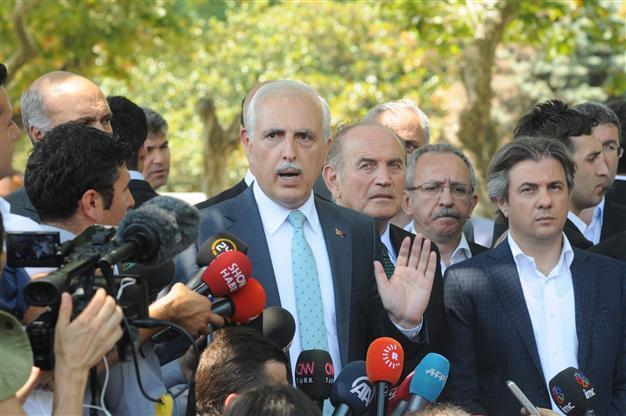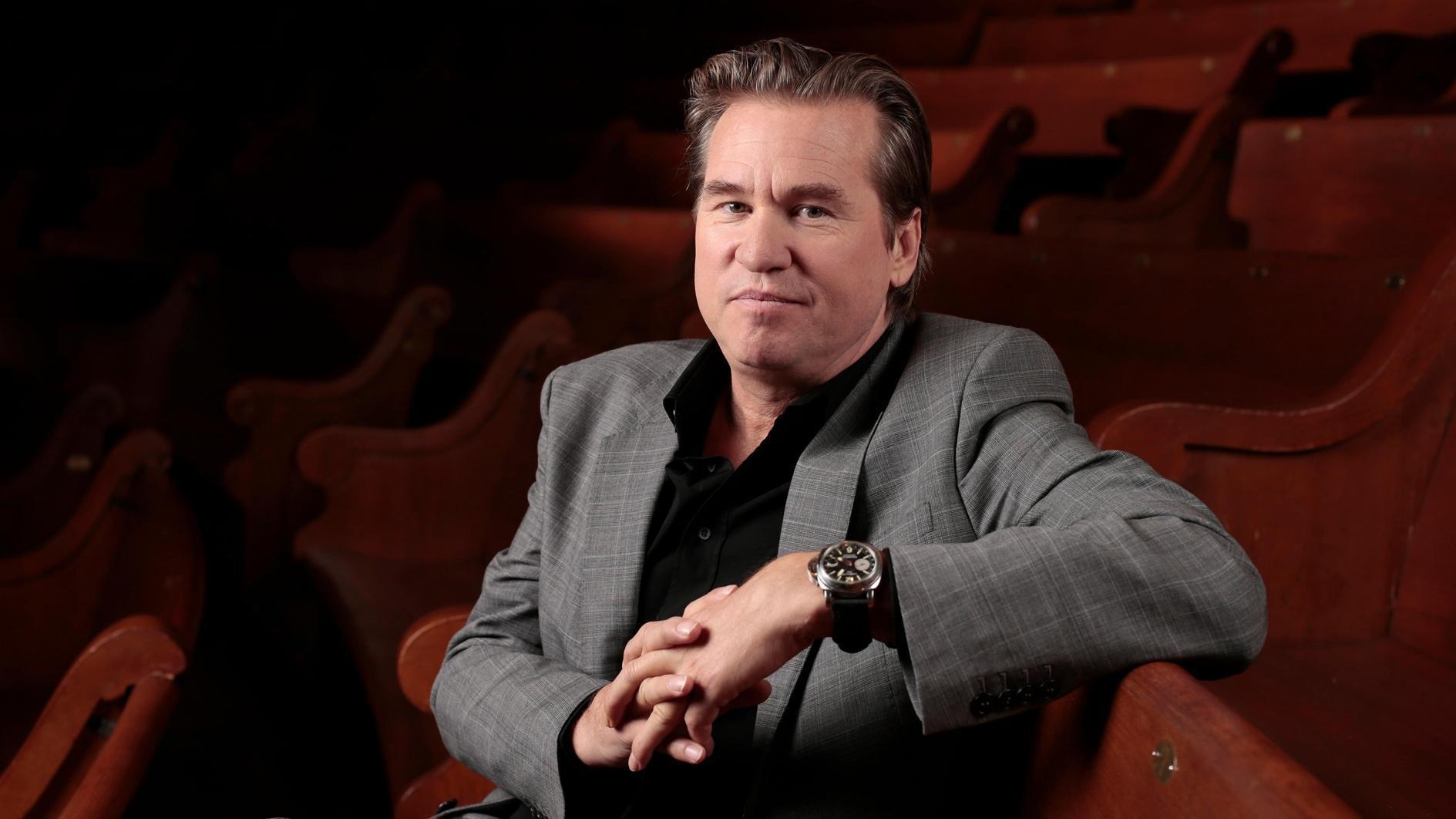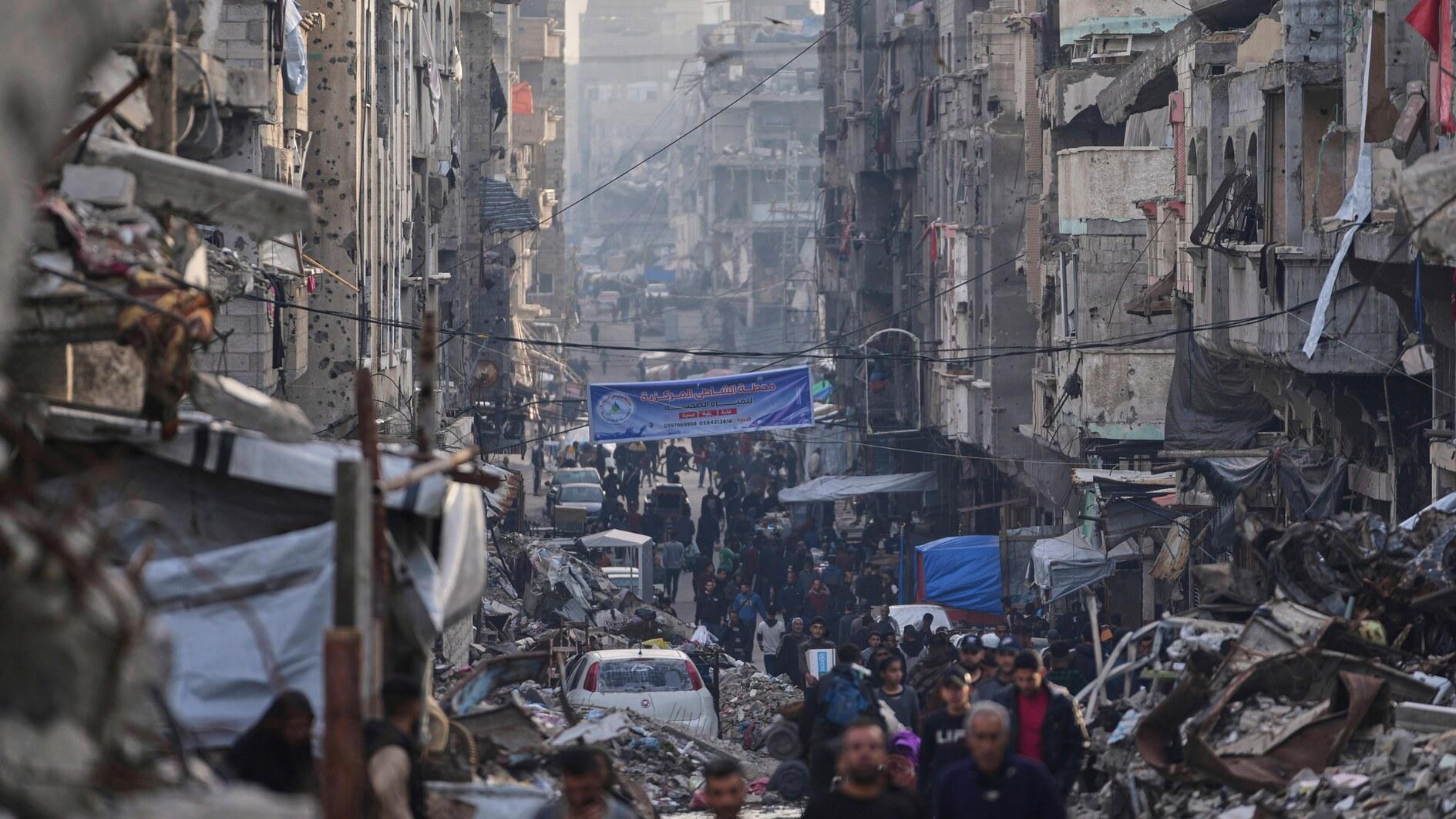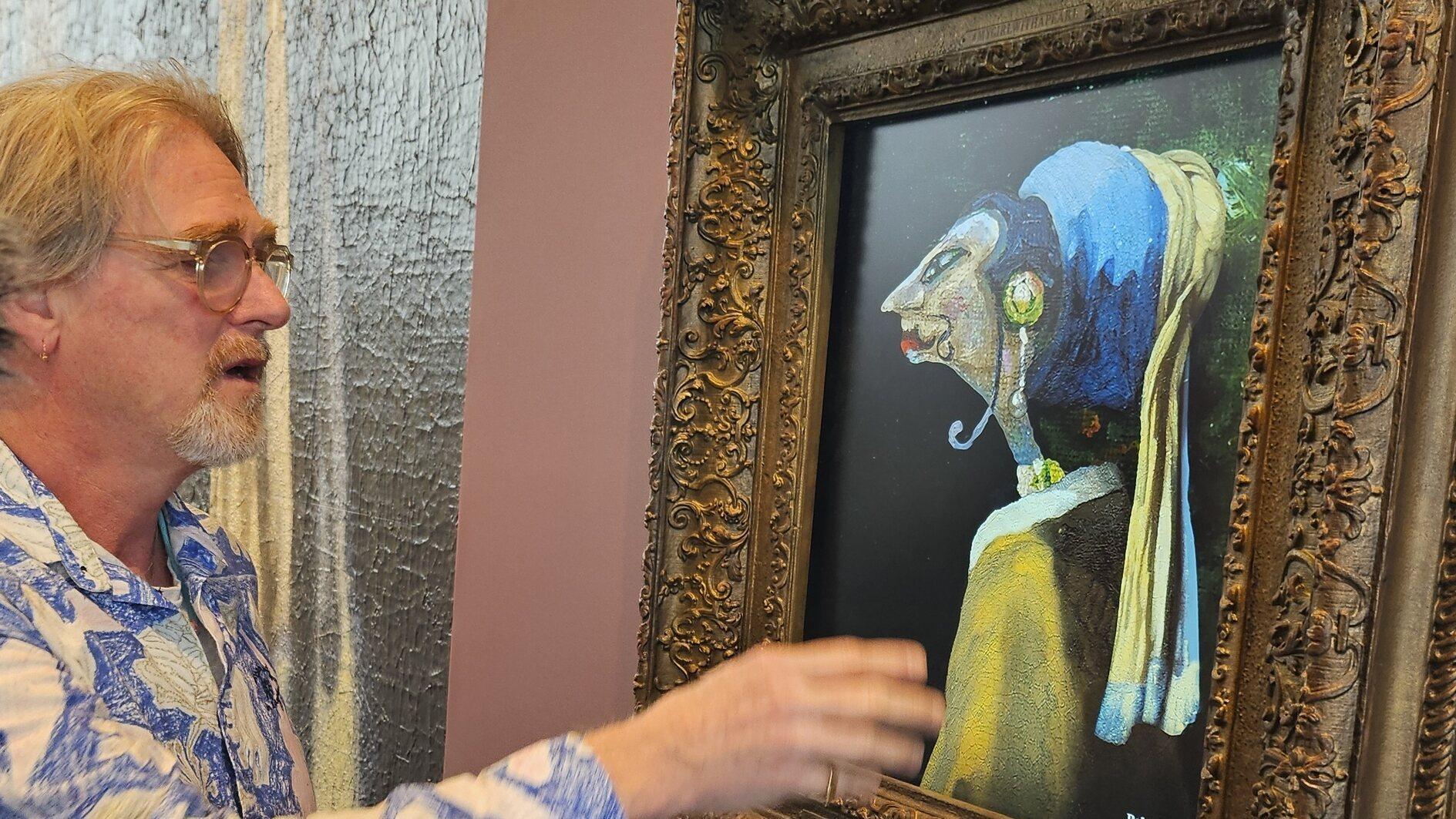Istanbul's Gezi Park closed to public again hours after official opening
ISTANBUL

DHA Photo
Taksim Gezi Park, which has become the heart of the anti-government movement sweeping the nation, was briefly opened to public use on July 8 before access to the park was blocked again by police officers three hours later.Live TV footage showed police officers forcing people out of the park, which was closed since a brutal police crackdown on protesters in the park June 15.
Police then closed entrances not only to the park, but also roads leading to the city center, including Harbiye, Gümüşsuyu and İstiklal Square, the most populated point of the city.
Riot police fired pressurized water at the crowd on Taksim Square around 7 p.m.
The scenes marked a great contrast with the ceremony with the small ceremony of the opening, and the peaceful scenes in the park afterwards.
Meanwhile, the police detained Mücella Yapıcı, a spokesperson for the Taksim Solidarity Platform and a representative of the Chamber of Architects and Engineers (TMMOB), and Ali Çerkezoğlu, general secretary of the Istanbul Medical Chamber in Taksim Square today, according to daily Radikal.
The decision to block access to the park came amid a call from the Taksim Solidarity Platform inviting protesters to the park for 7 p.m.
The park was opened earlier today with a small ceremony attended by Istanbul Gov. Hüseyin Avni Mutlu, Mayor Kadir Topbaş and other local officials.
Mutlu said the Istanbul Metropolitan Municipality had done “great work” and turned the park into a “heavenly corner” for Istanbul residents.
“This park is for Istanbul’s people. Turning a park belonging to our society into an area for protests is a torture to society. Istanbul’s people will claim their park. I will provide for exercising the right to protest to the ones asking us,” Mutlu said.
The governor, who has come under fire for the frequently violent conduct of police forces in suppressing protesters, also said Beyoğlu Municipality would be operating a fast-breaking event during Islam’s holy month of Ramadan every evening.
Mutlu, however, denied claims that a giant tent would be erected in the park for Ramadan events.
The governor said a group continued to insist that Gezi Park belonged to them, hinting at the Taksim Solidarity Platform, which initially sought to prevent the destruction of the park in late May, but he said Istanbul parks belong to the city’s 14 million residents.
He also said any illegal gatherings would be prohibited. During the reopening ceremony, a large number of protesters who were prevented from entering the park shouted slogans at the edge of the green space, including “Everywhere is Taksim, everywhere is resistance,” a famous slogan now used nationwide in solidarity demonstrations.
‘Can I kiss my husband here?’
While Mutlu was listing the park’s multifunctional features and inviting citizens to gather to wander around and see the beauty of the renewed park, a citizen asked Mutlu if she could kiss her husband in the park, which was answered by a smiling Mutlu.
“I mean is this the issue you really wonder about most?” the governor said. “Ma’am, this is something you want to do... I have graduated from law school, there are written laws, but a judge may make his verdict upon unwritten law and general customs of society. If you will feel comfortable and society will not find it odd, you may,” Mutlu said.
Taksim Solidarity Platform calls for action once again
The Taksim Solidarity Platform has announced that it will carry park forums to Gezi Park this evening at 7:00 p.m. to use “their constitutional right,” citing the Article 34 of Turkish Constitution which reads, “Everyone has the right to hold unarmed and peaceful meetings and demonstration marches without prior permission.”
However, Mutlu warned that any such gathering would be broken up by police.
Some 120,000 flowers, including 5,000 roses, were also planted, making the number of flowers in the park about 322,000.
The park has been closed since a brutal police intervention forced protesters out of the site on June 15, forcing demonstrators to abandon their tents and locations where they had stayed day and night for nearly two weeks before the operation.
The protests received a severe blow with the closing of the park, though individual and group demonstrations have continued with regularity since the police action.
















